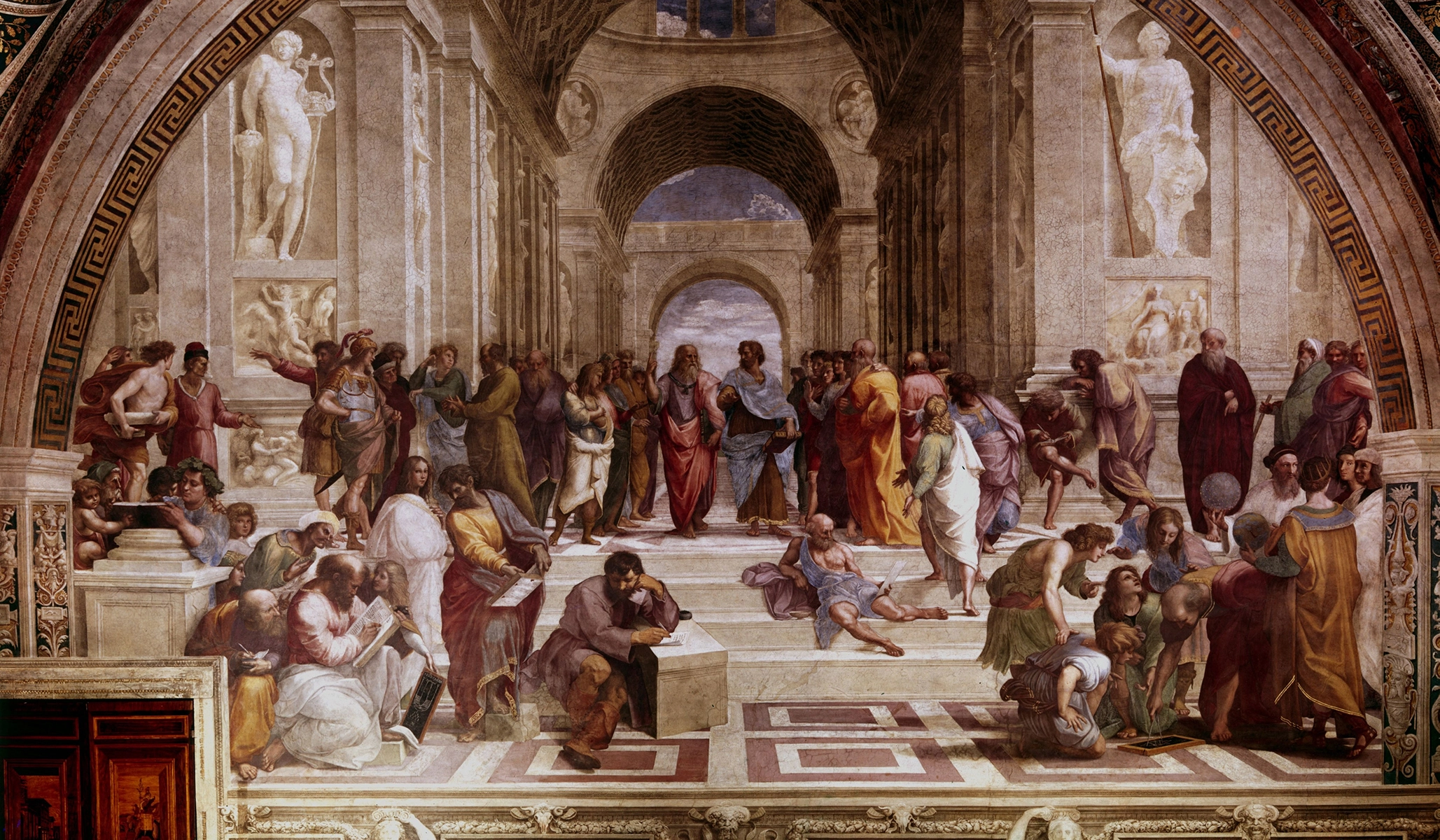Russell Kirk, a conservative academic, argued in his essay “Cultural Debris” that civilizations are held together not by force, but by moral and intellectual principles. He believed that the fabric of civilization is a complex tapestry woven from historical and philosophical threads, exemplified by its canon. However, Kirk was concerned about the state of modern universities, which he believed had shifted away from the liberal arts and towards “career education,” undermining the purpose of education. Unfortunately, this situation has not improved much, with only 17% of American universities requiring students to learn Western Civ.
The University of Florida’s new Hamilton Center for civics education aims to address this issue by developing a curriculum focusing on the Western intellectual tradition and the ideals of the American Founding. With $13 million in total funding and the hiring of William Inboden, former director of the Clements Center for National Security at UT-Austin, as its founding director, the center is part of Florida’s effort to infuse higher education with traditional Western values. Governor Ron DeSantis has proposed adding Western Civ to the core curriculum for all Florida college students, and the Hamilton Center will aid in developing this new curriculum.
The decline of Western Civ studies has failed to generate interest in broader cultures or a more nuanced understanding of the West itself, and has all but killed the humanities. However, studying Western civilization is necessary because it is the source of the modern world and our inheritance. Maintaining continuity between generations requires a common foundation to build upon, both in material and philosophical terms. Handing down the history and literature that defines the West is necessary for the maintenance of civilization itself.
Universities should place Western Civ studies at the center of their curriculum because it is good and necessary for the university to do so. The demise of the metaphysical soul of the academy has not produced institutions that lack a worldview; it has produced institutions that hold a decidedly mechanical and utilitarian worldview. Universities require foundational dogmas, and if those dogmas are not rooted in the civilization the university exists in, the dogmas will tear away at the spirit of the university itself. In the West, those dogmas must be the cultural productions that our civilization has produced.
The Hamilton Center has a daunting challenge before it, but for the sake of the academy and the West itself, it must weave these subtle threads back into the academy’s soul. Modern public universities may never be the home of Christian dogma, but they can be the home to the dogmas of the West.

